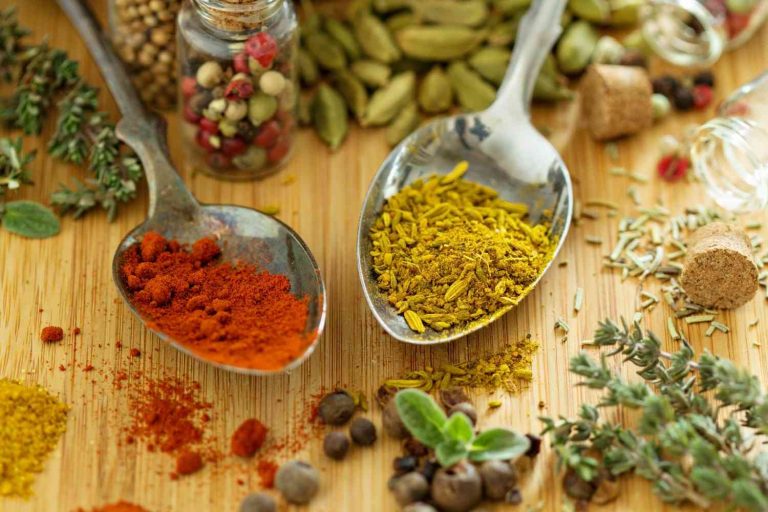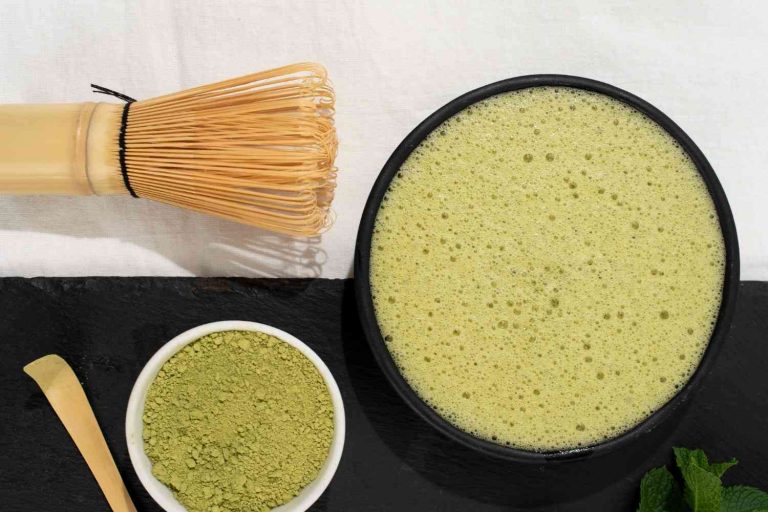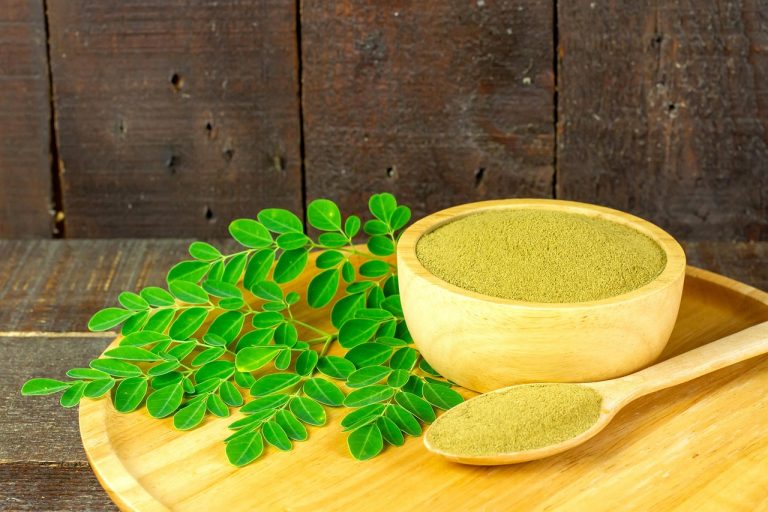5 Surprising Benefits of Coffee for Chin Fat Reduction
Ever find yourself glancing in the mirror, noting a little bit of extra fluff under your chin? The struggle with chin fat is real, and many of us have explored various remedies, from fancy creams to neck exercises. But what if I told you that your daily cup of coffee might play a role in reducing that stubborn area? Here, we’ll explore five surprising benefits of coffee that could contribute to chin fat reduction, grounded in scientific research and real-world applications.
Contents
1. Coffee Enhances Metabolism
One of coffee’s most well-known attributes is its ability to boost metabolism. The caffeine in coffee stimulates the central nervous system, increasing the metabolic rate and promoting fat oxidation. A study published in the American Journal of Clinical Nutrition found that caffeine can increase metabolic rates by up to 11% for a few hours after consumption (Acheson et al., 1998).
This metabolic boost is essential for fat loss, and when the body is more efficient at burning calories, it may help reduce overall body fat, including the chin area. However, it’s worth noting that individual reactions to caffeine can vary widely. Some people may experience jitters or increased heart rates, which could lead to a reluctance to consume coffee. As a balanced approach, aim for moderate coffee consumption—around 2 to 3 cups a day—if you’re looking to reap these benefits without adverse effects.
2. Appetite Suppression
Have you ever noticed a decrease in your cravings after a cup of coffee? Coffee has the added benefit of appetite suppression, primarily due to its caffeine content. Research published in Nutrition & Metabolism suggests that caffeine can influence hunger hormones, which may lead to reduced appetite (Horne et al., 2015).
By managing your hunger, coffee can play a supportive role in maintaining a calorie deficit—crucial for fat loss. While this could certainly benefit chin fat reduction, it’s not a magic bullet. Over-relying on coffee for appetite control can lead to unhealthy eating patterns. It’s important to balance your coffee intake with a diet focused on whole foods to ensure you’re getting adequate nutrition.
3. Improved Exercise Performance
Consider the last time you hit the gym. Were you feeling energized and ready to tackle that workout? Coffee can enhance your physical performance and endurance. Research published in the Journal of Sports Medicine states that caffeine can improve athletic performance, especially in endurance activities (Graham et al., 2007).
With improved physical performance, you’ll be able to engage more effectively in exercises that target fat loss, including those aimed at the neck and jaw area. High-intensity interval training (HIIT) or strength training can create a calorie deficit—meaning more potential for fat loss, including chin fat. However, it’s essential to be cautious with caffeine intake before workouts, as too much can lead to dehydration or increased heart rate, negatively impacting your performance.
4. Antioxidant and Anti-Inflammatory Properties
Coffee isn’t just all about caffeine; it’s also loaded with antioxidants. These compounds are essential for neutralizing oxidative stress in the body, which can contribute to fat accumulation in various areas, including the chin. A 2017 study in the Journal of Agricultural and Food Chemistry highlighted coffee’s substantial antioxidant content, suggesting that these properties could be beneficial for overall health and weight management (Khan et al., 2017).
Furthermore, chronic inflammation is linked to weight gain and difficulty losing fat. By potentially reducing inflammation, coffee may create a favorable environment for more effective fat loss. Nevertheless, it’s important to consume your coffee without excessive added sugars or creamers that could counteract these benefits.
5. The Beauty of Hydration
Though it may seem counterintuitive, coffee can also contribute to your hydration levels. Staying hydrated is crucial for metabolic processes, including fat metabolism. A study published in the Journal of Human Nutrition and Dietetics found that moderate caffeine consumption does not significantly lead to dehydration and can actually help with daily fluid intake (Maughan et al., 2016).
When your body is adequately hydrated, it can perform at its best, promoting efficient fat metabolism. This can indirectly aid in chin fat reduction. However, hydration isn’t solely about coffee. It’s vital to drink plenty of water and consume hydrating foods like fruits and vegetables alongside your coffee.
FAQs About Coffee and Chin Fat Reduction
Q1: Can I drink coffee every day for chin fat reduction?
Yes, moderate coffee consumption—generally considered to be around 2 to 3 cups a day—can support metabolism, appetite control, and exercise performance. Just be cautious about your overall caffeine intake and how it affects you personally.
Q2: Are there any downsides to drinking coffee?
While coffee has several benefits, excessive consumption can lead to side effects such as anxiety, jitters, or digestive issues. It’s important to listen to your body and consume it in moderation.
Q3: Can coffee replace a healthy diet and exercise?
No, coffee should complement a balanced diet and exercise routine. While it offers several benefits, it isn’t a substitute for healthy eating or physical activity.
Q4: What’s the best way to consume coffee for these benefits?
To maximize the benefits, opt for black coffee or minimal added calories (like a splash of milk). Avoid excessive sugar or high-calorie creamers that can negate the health benefits of coffee.
Conclusion
Our daily rituals often hold surprising solutions, and coffee is no exception. From boosting metabolism to aiding hydration, its multifaceted benefits can foster an environment conducive to chin fat reduction. However, it’s paramount to approach coffee as just one piece of a much larger puzzle. Pair it with healthy eating, consistent exercise, and proper hydration for the best results.
The journey toward feeling comfortable in your own skin takes time, embracing your habits, and realizing that balance is key. So, brew that cup of coffee, enjoy its perks, and embark on your path to wellness with a little extra confidence.
References
- Acheson, K. J., Gremaud, G., Jacques, H., et al. (1998). White coffee, caffeine, and coffee: Effects on metabolism and appetite. American Journal of Clinical Nutrition, 67(6), 1180-1187. URL: https://academic.oup.com/ajcn/article/67/6/1180/4576853
- Horne, B. D., Anderson, J. L., and Johnstone, J. A. (2015). Caffeine and appetite: Evidence for appetite suppression by caffeine in humans. Nutrition & Metabolism, 12, 15. URL: https://nutritionandmetabolism.biomedcentral.com/articles/10.1186/s12937-015-0002-5
- Graham, T. E., et al. (2007). Caffeine and exercise performance: Research and recommendations. Journal of Sports Medicine, 30(7), 569-583. URL: https://www.ncbi.nlm.nih.gov/pmc/articles/PMC3712137/
- Khan, M. I., et al. (2017). Antioxidants in coffee: Health benefits and recent advances. Journal of Agricultural and Food Chemistry, 65(40), 8555-8564. URL: https://pubs.acs.org/doi/abs/10.1021/acs.jafc.7b03675
- Maughan, R. J., Burke, L. M., and Dvorak, J. (2016). Water and electrolyte needs in exercise and training: Definitions and recommendations. Journal of Human Nutrition and Dietetics, 29(1), 3-10. URL: https://onlinelibrary.wiley.com/doi/full/10.1111/jhn.12384
Get Your FREE Natural Health Guide!
Subscribe now and receive our exclusive ebook packed with natural health tips, practical wellness advice, and easy lifestyle changes, delivered straight to your inbox.




